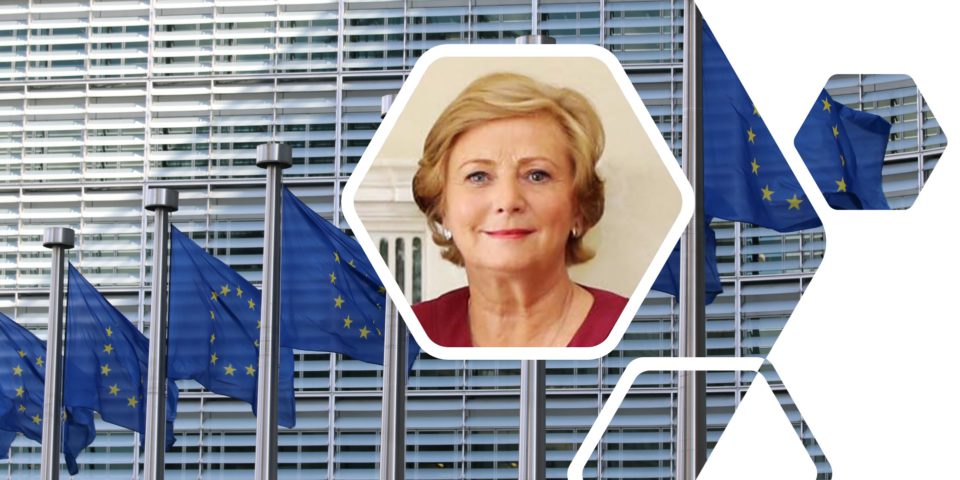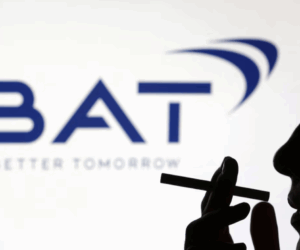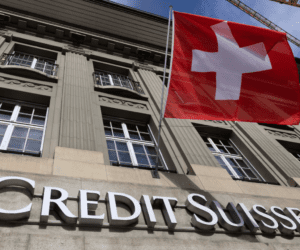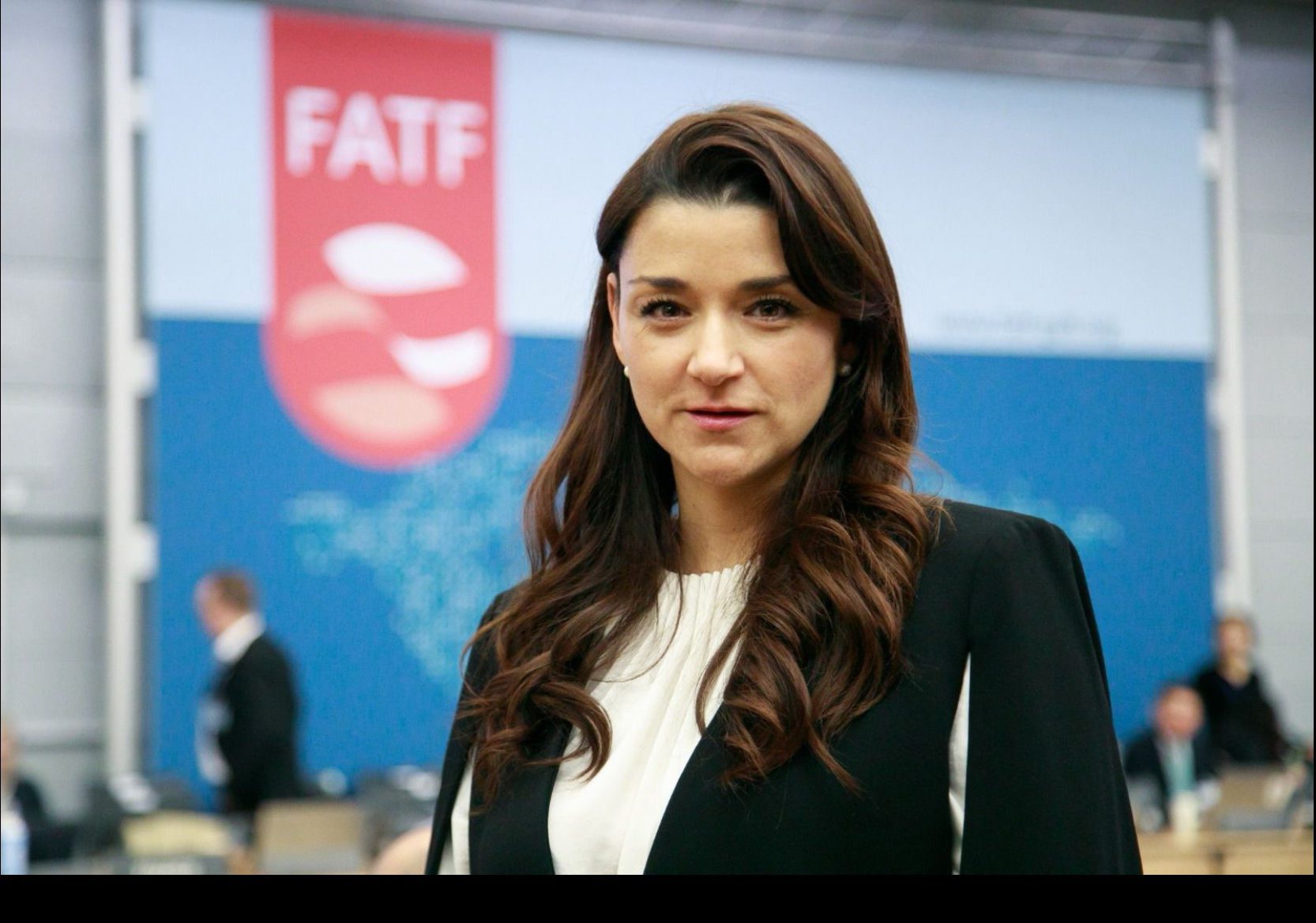EU Finance Ministers this week took a giant leap forward in the fight against anti-money laundering by agreeing to set up an EU body that would have direct supervision powers over EU anti-money laundering rules.
Given the numerous money-laundering scandals that have tarnished the EU’s reputation in recent years, this agreement was long overdue. Nonetheless, it is a political blessing that the Union desperately needed.
Finance Ministers also gave their backing to the development of a single EU rulebook for anti-money laundering as well as the creation of a coordination mechanism for Financial Intelligence Units (FIUs) to ensure proper information sharing between Member State authorities.
The scale of the money laundering problem in Europe and globally is immense. The UN Office on Drugs and Crime estimates that the equivalent of 2.7 % of the world’s GDP is laundered each year. Within Europe, Europol estimates the value of suspicious transactions in the hundreds of billions of euros annually.
The EU is unfortunately a prime region for criminals to take advantage of through intricate money laundering schemes. Criminals have been able to exploit the freedoms of the EU’s single market as well as the fragmented legislative landscape which has ultimately allowed for many cross-border loopholes.
‘We need a standalone authority that has the power and scope to root out money laundering activities not just in the banking sector but also in other non-financial sectors’
The disturbing revelations from the “FinCEN” files in September, which involved a spate of big European banks, once again exposed the inadequacies of the EU’s anti-money laundering protections.
These files revealed a scale and depth of global money laundering operations that had not been seen before. Involving over $2 trillion worth of transactions and some of the world’s largest banks, the FinCEN files really hit home the urgency of the problem that legislators need to tackle. Yet again, it was Europe that was firmly in the spotlight taking the brunt of the criticism.
There are three main factors why Europe’s anti-money laundering system has been failing: 1) a lack of harmonisation of rules; 2) a lack of cooperation between national authorities and regulators, and 3) a lack of effective EU-wide supervision.
The agreement from Finance Ministers this week has now given the EU a credible political platform to address these problems, to stamp out the loopholes and to get tougher on the proceeds of crime.
Europe can no longer afford to be seen as a gateway for dirty money to be channelled to criminals. It is time for the bloc to recover its reputation and put in place a new system that tackles the root causes of this problem.
But there is still a long way to go. EU finance ministers have only given a political green light at this stage. The European Commission is expected to publish legislative proposals in the first quarter of 2021 that will hopefully turn the agreement by Finance Ministers’ into a reality. But negotiations will still have to play out among Member States and the European Parliament.
When it comes to a new EU supervisory body, there are still disagreements on how such a body would operate. Some believe that it should be delegated to the European Banking Authority (EBA) which already has coordination powers in this area. However, the EBA only has competence in banking matters while AML issues stretch well beyond the financial sector.
‘We need to be clear about this new overhaul of AML rules. It should not be a case of tinkering around the edges or plugging a few hole’
For that reason, we need a standalone authority that has the power and scope to root out money laundering activities not just in the banking sector but also in other non-financial sectors. As we know, dirty money can be channelled through various types of business and different sectors. It is not unique to the banking system so we need a policy response that reflects the reality.
Additionally, more needs to be done when it comes to harmonisation of how suspicious transactions are reported. In the EU, the legal threshold for reporting suspicious transactions varies from country to country. Additionally, there is a lack of effective cooperation between authorities when it comes to acting against such suspicious activity.
Since their inception 30 years ago, EU anti-money laundering rules have been developed in the form of a Directive. However, all EU Directives must be transposed into national legislation thus allowing for national variations as the rules are incorporated into domestic law.
Furthermore, there has been a serious problem with Member States transposing the Directive on time. That is why we need to transform various parts of the Anti-Money Laundering Directive into a Regulation, which means that new rules will apply automatically in all Member States without the need for national transposition.
We need to be clear about this new overhaul of AML rules. It should not be a case of tinkering around the edges or plugging a few holes. This must be a comprehensive overhaul which ensures that all businesses and Member States are playing by the same rules and that those rules are enforced properly.
The EU’s reputation is at stake here. In order to repair the mistakes and failings of the past, only a radical change of direction will do.
THE AUTHOR: Frances Fitzgerald is an MEP for Dublin, a full member of the European Parliament’s Economic and Monetary Affairs Committee and a former Irish Minister for Justice and Minister for Business.
Share this on:
Follow us on:












